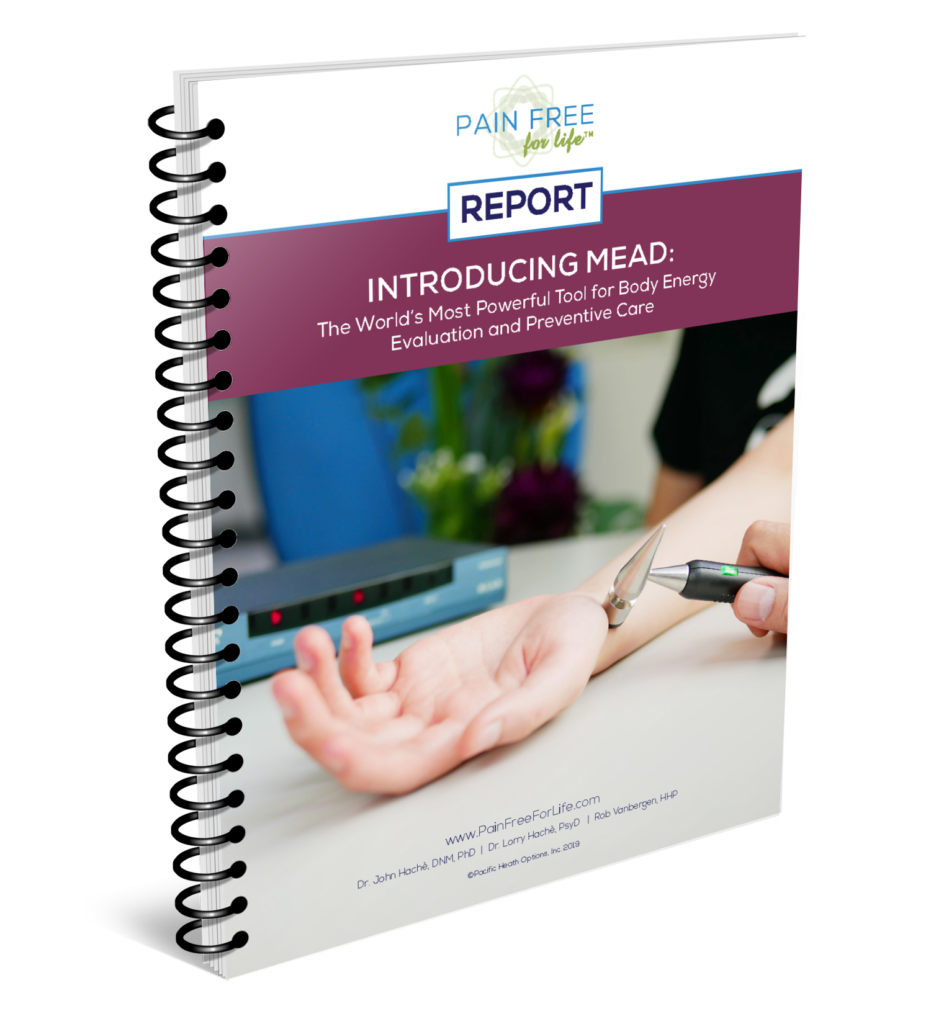
Let’s face it. In the modern world, we all deal with stress. Between external stressors like finances or job performance and internal stressors – like feeling overwhelmed, helpless, or anxious – it’s something we simply can’t escape.
Small amounts of stress are generally considered harmless and can even be beneficial, but chronic stress can become a serious health concern. In fact, a whopping 77% of Americans deal with physical health issues caused or made worse by high stress levels. Stress management, therefore, has come to be one of the pillars of preventive health care in the modern age.
Can Stress Cause Disease?
Chronic stress weakens the immune system by creating an imbalance in corticosteroid levels. This not only makes the body more susceptible to the common cold and flu, but it opens the door to all kinds of acute and chronic disease.
Chronic stress is known to exacerbate existing conditions such as asthma, autoimmune disorders, fibromyalgia, and diabetes. Excessive stress has also been shown to increase risk of ulcers, raise blood pressure, weaken the immune system, impact sex drive, and cause back and shoulder pain.
Excessive stress levels are also bad for your mental health. High levels of stress increase feelings of anxiety, sadness, fear, frustration, and anger. If the stress continues, it can lead to clinical depression, anxiety disorders, substance abuse, sleep disturbances, and/or other mental disorders in some people.
There is also a strong correlation between high levels of stress and suicide. In a 2018 survey of 67,000 college students, one in five reported stress-induced mental health issues within the past year. For many, this included self-harm and suicidal tendencies.
How Do You Measure Stress?
Knowing how damaging stress can be to your mental and physical health, it’s natural to wonder how to measure stress. The ability to measure actual stress levels could be an extremely valuable tool for stress management. Knowing exactly how stressed out you really are could help you keep your stress levels within healthy limits. Having access to accurate stress level reports could also help you more easily communicate your stress-related needs.
Unfortunately, it can be difficult to get an objective measurement of how high your stress levels are, or how they could be affecting your health. And your own evaluation of your chronic stress probably isn’t accurate. According to the American Institute of Stress, chronic stress “is the stress we tend to ignore or push down. Left uncontrolled this stress affects your health – your body and your immune system.” (stress.org)
Luckily, there is a way to know how much stress you’re dealing with – and it takes just 3 minutes.
Energy Meridian Analysis as a Tool for Stress Management
The Meridian Energy Analysis Device (MEAD) measures bio-electric current in connective tissue. Recent research has found that acupuncture meridians used in Traditional Chinese Medicine correlate to areas of connective tissue. Research continues to find evidence that this connective tissue holds the secret to inter-cellular communication in disease and health.
Use of the MEAD allows for a quick and accurate analysis of physical and mental conditions. Doctors and patients are now empowered to catch health concerns early and without intrusive (and expensive) testing.
In addition to analyzing the energy meridians used in Traditional Chinese Medicine (TCM), the MEAD also offers the ability to assess your body for stress.
With regular use of the MEAD deice, you can easily keep track of your own stress levels or those of your patients or family. Additionally, the MEAD will let you know about developing health issues before they become symptomatic – whether stress-related or not. And, it can suggest diet and treatment options to help you prevent and/or address stress-related conditions.
Additional Stress Management Tools for a Happier, Healthier Life
Unfortunately, there’s no “cure” for stress. It’s simply a fact of life we all experience. But that doesn’t mean you have to let it ruin your health and happiness. There are several ways to manage stress, including exercise, balanced diet, meditation, and identifying stressors.
If you’d like a comprehensive method to manage stress, try the Hache Protocol for Pain Resolution™. Chronic stress is often a precursor to chronic pain. The five interactive elements of the Hache Protocol have helped thousands of people reduce both pain and stress from their lives. If you are currently experiencing symptoms of stress that have not yet progressed to the point of pain, following the Protocol is one of the most powerful things you can do to prevent coming down with a debilitating painful condition.

If you would like to know more about the MEAD device as a stress management and assessment tool, as well as its use as an energy meridian evaluation device, download the free report here.
Sources:
- https://www.ncbi.nlm.nih.gov/pmc/articles/PMC3341916/
- https://www.stress.org/daily-life
- https://www.mentalhealth.org.uk/a-to-z/s/stress
- https://afsp.org/stress-and-genes-linked-to-suicide-attempts/
- https://www.webmd.com/depression/news/20180910/1-in-5-college-students-stressed-consider-suicide#1





